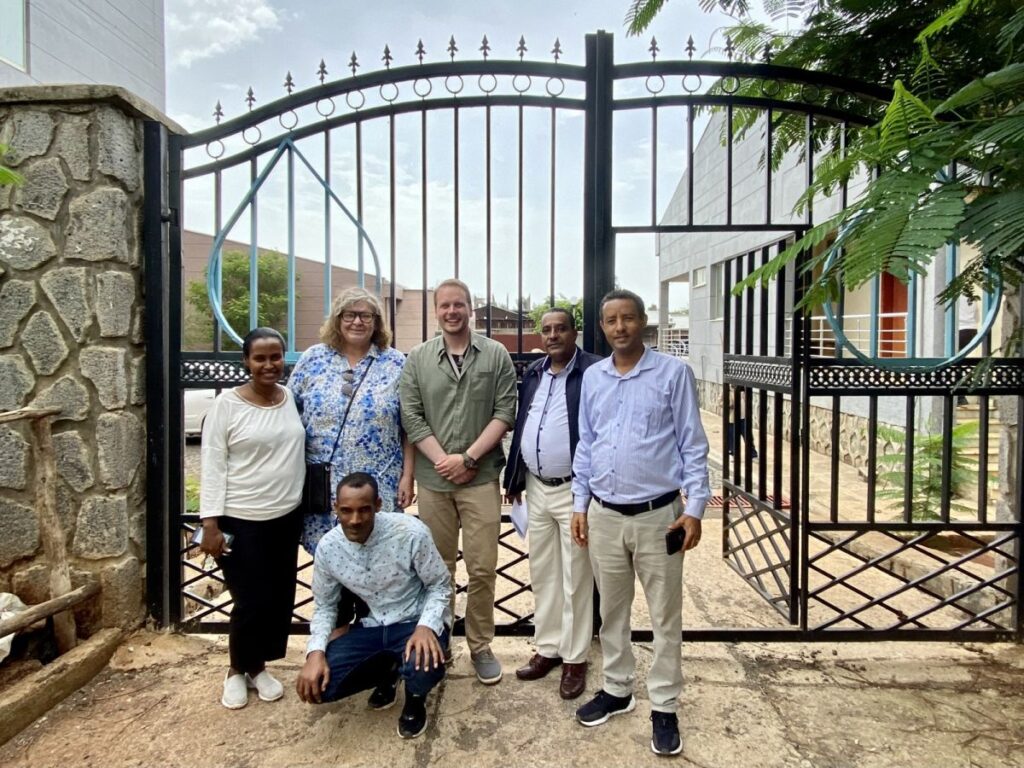HSY has received EU WOP funding for a partnership project aimed at assisting water utilities in developing countries. In this project, we are supporting the water utility in Bahir Dar, Ethiopia, in improving various aspects, among other things, the management of water meters, the management of the network, non-revenue water (NRW) reduction as well as the overall management of the utility. Additionally, the project’s goal is to enhance access to water for low-income families.

In the EU-funded WOP program, partnerships between various water utilities are strengthening the provision of sustainable water services through mutual learning and knowledge sharing. The project is financed by the European Union and administered by the United Nations-affiliated Global Water Operators’ Partnerships Alliance/UN-Habitat (GWOPA) network, of which HSY is now a member.
HSY’s responsibilities include constructing a regional measurement point in Bahir Dar, supporting the procurement of leak detection equipment, and providing training on their usage. The project commenced in 2022 and will continue until 2025.
In June, representatives from HSY visited Bahir Dar, Ethiopia.
While the project has encountered challenges, collaboration between water utilities is efficient, and there is enthusiasm and a willingness to develop. Challenges have arisen, particularly in securing funding for projects. The city is constantly growing and evolving. Currently, water is primarily sourced from wells and springs, but there is a need to construct a surface water treatment plant on the shores of Lake Tana to ensure an adequate water supply.
Additionally, plans for the future include the construction of a sewerage network and wastewater treatment plant. The utility has already built public toilets in the city, where shower and toilet services are available for a small fee. However, the utility cannot undertake these significant and necessary investments on its own and requires external financing.
The utility’s operations are systematic and adhere to regulations. Nevertheless, the majority of processes are still handled manually, and the introduction of electronic systems would elevate operations to an entirely new level.
